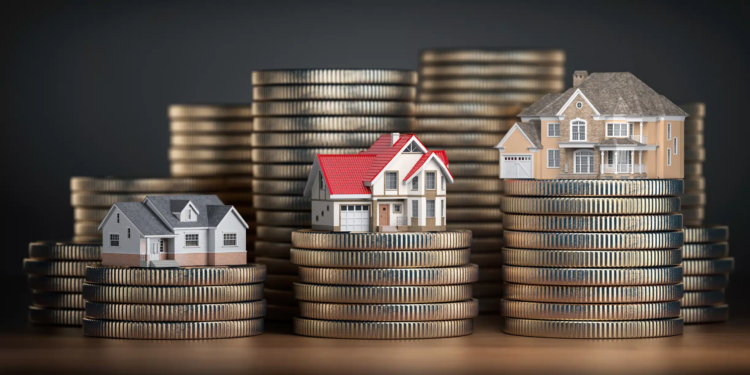In Kenya, the rising value of real estate is setting the stage for a significant intergenerational wealth transfer. Older homeowners, especially those born before 1970, hold substantial equity in their properties, with a significant portion planning to pass this wealth to their children. While this promises financial security for some, it risks reinforcing existing inequalities in wealth distribution.
Real estate remains the primary source of wealth for many Kenyan households. Over the past decade, property prices in urban areas have surged, with homeownership becoming synonymous with financial stability. Yet, this wealth is concentrated among a select group. According to a home ownership survey by Kenya Bankers Association in 2015, 67.0 % of respondents cited the price of land and houses as the main reason why they were not able to acquire a home indicating how home ownership is a a reserve of the wealthy and thus further perpetuating financial inequality.
For homeowners, the growth in property values has bolstered confidence in retirement security. However, only 43.0 % plan to use home equity to fund their retirement. Instead, many aim to pass these assets to their children, perpetuating cycles of privilege. Those who inherit property are more likely to become homeowners themselves and accumulate additional wealth, further widening the gap between those who own property and those who do not.
Experts warn against over-reliance on inheritance. Rising healthcare costs, including long-term care, could force older Kenyans to tap into their home equity. A significant medical event or the need for assisted living could deplete this wealth quickly, leaving little to pass on.
Accessing home equity remains a challenge for many. Reverse mortgages and property tax deferral programs—popular in other countries—are limited in Kenya, restricting older homeowners from converting their property wealth into usable income. Policies promoting such financial tools, alongside efforts to improve access to homeownership for underserved groups, could help bridge the inequality gap.
As Kenya grapples with these dynamics, the broader implications for the economy and society are clear. Without proactive measures, the intergenerational transfer of home equity may exacerbate existing disparities, leaving some families trapped in cycles of economic disadvantage while others consolidate wealth.


















